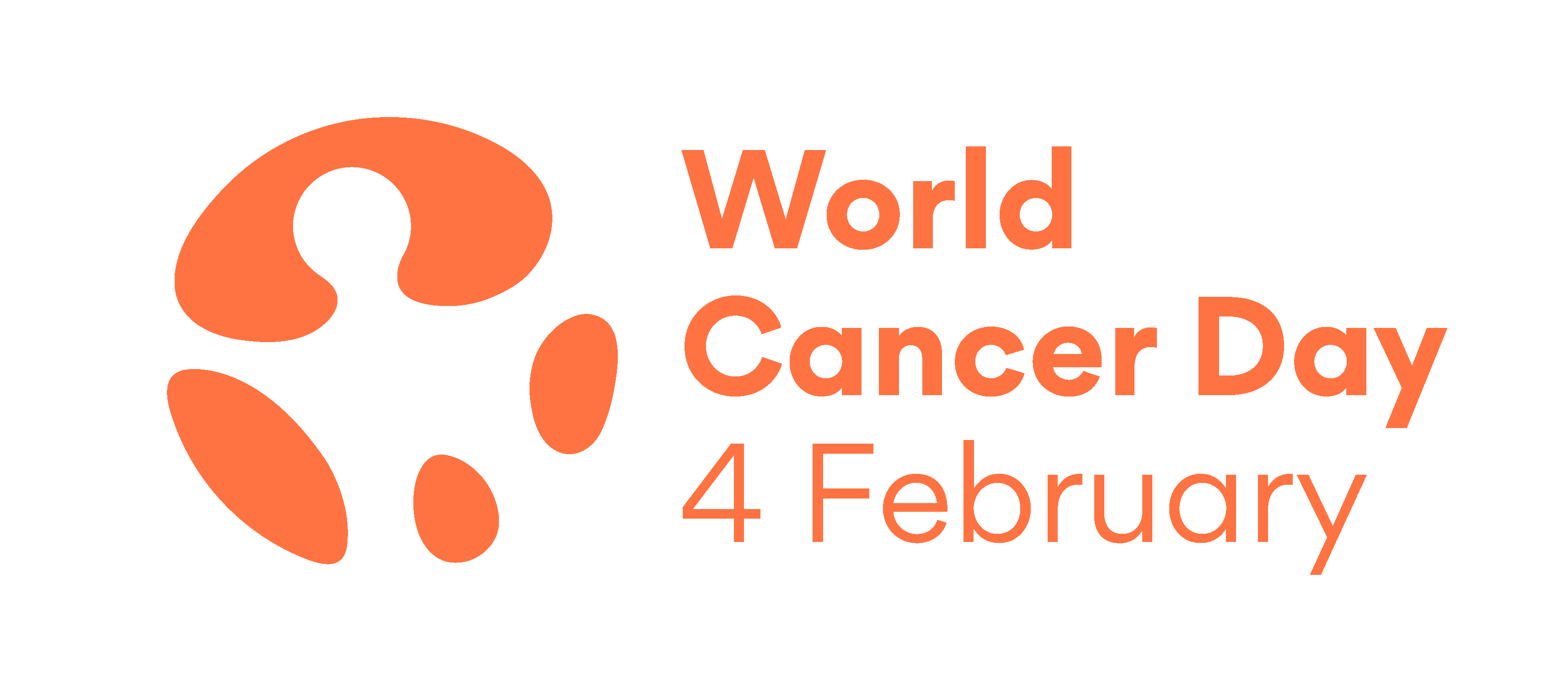-
Event
18 - 19 November 2026,
Save the date for the European Cancer Summit 2026 on 18 & 19 November, and EU-funded project events on 20 November - in Brussels & online!
In an era of political disruption and uncertainty, the European Cancer Summit 2025 convened the broad cancer community to chart a new path forward.
These extraordinary times call for extraordinary commitment. As budgets tighten and investments in health care come under intense scrutiny, the need to maximise every euro and drive innovation has never been greater. The cancer community must not only learn from past successes but also adapt rapidly to safeguard the future of patient care.
Unity is now more vital than ever, and nowhere is that unity better realised than at the biggest cancer policy event in Europe.
Read more
-
Event
17 March 2026, European Parliament (Room Spinelli 3H1)
As the European Commission prepares its new Gender Equality Strategy and negotiations begin on the 2028–2034 Multiannual Financial Framework, decisions made in the coming months will shape the future of women’s health policy and funding across Europe.
Against this backdrop, the European Cancer Organisation is launching the Women & Cancer Policy Index. This tool compares how European countries are addressing cancer among women, from prevention to survivorship, caregiving to leadership.
Read more
-
news
26 February 2026
As political agendas shift and health budgets tighten, the cancer community must maximise every opportunity, every partnership, and every investment. In extraordinary times, complacency is not an option.
Read more
-
Publication
February 2026
In a time of geopolitical disruption and uncertainty, the European Cancer Organisation convened the broad cancer community to ensure cancer care is a priority in the upcoming political agenda.
The European Cancer Summit 2025 united the community on 19–20 November, in Brussels and online for an exceptional edition, fit for exceptional times.
Read more
-
news
25 February 2026
Over the past year, ECO has stepped up its efforts across Europe to prevent the spread of the human papillomavirus (HPV), combining evidence, policy engagement, and regional cooperation to reduce the incidence of HPV-related cancers.
Read more
-
news
13 February 2026
Across Europe, one of the most effective tools to reduce cancer deaths remains woefully underused: screening.
Screening and early diagnosis save lives, reduce suffering, and make better use of health system resources. Yet the OECD’s recent report Delivering High-Value Cancer Care shows that up to 60% of cancers are diagnosed at a late stage in some European countries, significantly increasing mortality for affected patients and costs for the individual health system.
Read more
-
news
03 February 2026
Cancer remains one of Europe’s most significant public health and economic challenges.
Each year, 2.7 million people in the EU are diagnosed with cancer, 1.3 million die from it, and €49 billion in productivity is lost to it.
In 2021, the European Commission launched Europe’s Beating Cancer Plan and the EU Cancer Mission – its most ambitious effort against a most insidious disease – financed under the 2021-2027 Multiannual Financial Framework (MFF). Since then, the EU has made unprecedented progress in cancer prevention, screening, patient care, and training for cancer professionals.
Read more
-
news
03 February 2026
The members of the European Parliament Intergroup on Cancer and Rare Diseases issued a clear warning: without adequate funding for health, the significant progress made so far is at risk, as is the well-being of millions of citizens living with cancer or rare conditions, including children.
Read more
-
news
27 January 2026

Cancer remains one of the European Union’s most pressing public health challenges.
Every year, 2.7 million people are diagnosed with it, 1.3 million dies from it, and €49 billion in productivity is lost to it. Annual healthcare spending on cancer care and cancer control has now reached €93 billion in the 27 countries combined.
Read more
